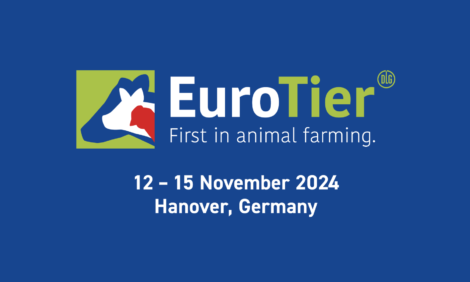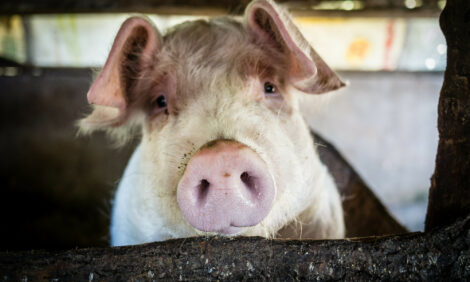



'Contradictions and Overlaps' in Regulations
UK - The difficulties - particularly the uncertainties - of living with IPPC were outlined to the Environment select committee when it took oral evidence from the English pig industry this week.MPs listened in astonishment as Lincolnshire farmer John Godfrey explained how his large pig business was continually struggling to comply with new and changing regulation.
IPPC, as interpreted in England, was an ever-shifting law which decreed pig farmers would be regulated in myriad ways, as determined by the Environment Agency, said Mr Godfrey.
All producers could do was wait for the Agency to visit and tell them what new requirements were to be made of them.
“Even when regulations have been introduced they are changing all the time and we have no idea what we are supposed to do,” he said.
“For instance, we knew IPPC was coming - but we don’t know, next year, what we are going to have to do to comply.”
NPA chairman Stewart Houston said there were “contradictions and overlaps” in the way the pig industry was regulated. “Surely a way could have been found of making all this regulation more simple?”
There had been over-interpretation by Defra of what the European Union meant in its directives, and this was followed in turn by over-interpretation by the Environment Agency of what Defra meant, he said.
He referred to the Environment Agency’s requirement that some producers bring ammonia emissions to below background levels. “It’s impossible to do.”
Committee chairman Michael Jack (Conservative) noted John Godfrey paid an IPPC fee of over £6,000 a unit. “What do you get for that?” he asked.
“We get two inspections a year to tell us what improvements we have to do, but those improvements are costing us money and they are doing very little to help the environment,” replied John Godfrey.
The committee was clear that it needed chapter and verse explaining which aspects of regulation were outrageous, so that it could demand an explanation from Defra.
James Gray (Conservative) asked what areas of regulation the select committee could reasonably ask to be rolled back. “What areas could be do-able?”
John Godfrey was clear there was scope to moderate the new Waste Directive proposals, which would see producers having to pay £50 a site, every three years, to register “waste” products (and probably over £500 to spread small quantities of incinerator ash).
He told the committee that government’s changes to the agricultural buildings allowance were going to hit pig producers very hard. Michael Jacks: “Did you make the point to Defra? Was Defra sympathetic?" John Godfrey: “Defra said it was the Treasury’s responsibility.”
Michael Jacks said the committee would be challenging Defra on this response.
Upon hearing pig industry environmental regulation was now so burdensome, the industry had to employ its own expert, the committee demanded “Mr Expert” be produced, a request easily satisfied as Nigel Penlington, of BPEX, was sitting behind the main producer representatives of Stewart Houston (NPA and BPEX), Mick Sloyan (BPEX), John Godfrey (NPA) and Richard Lister (NPA).
He was asked to specify areas where continental competitors got an easier ride from regulators.
“In the Netherlands they have funded relocation of farms, and equipment to remove odour from pig units, and in the past they helped farmers with slurry stores,” he said. “In Germany producers have help with biogas production and in Ireland producers are being paid for converting to loose housing. In France an aid package was introduced last year. I don’t think it had state aid clearance.”
Speaking for processors, Stuart Roberts, director of British Meat Processors Association, said in the past England had world-class, efficient pig production.
"If you look at something like waste and the burning of tallow, a number of countries have looked at the intention of European law and allowed the burning of tallow. Perhaps when we are interpreting the law we need to look at the intention not just the wording."








